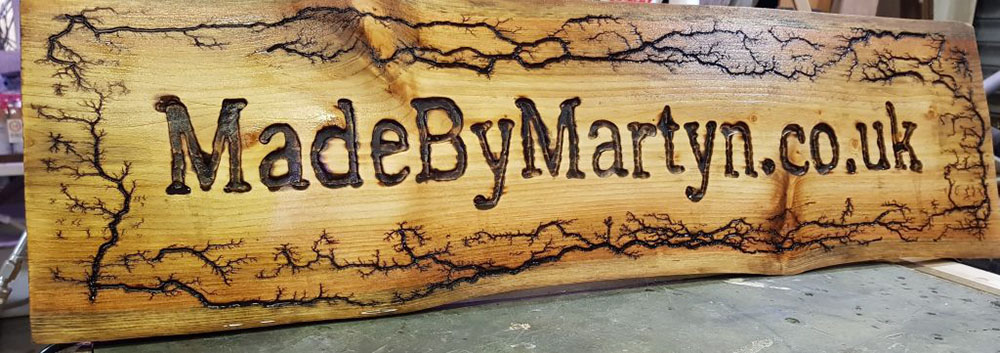One of the most terrifying things about cancer is the word cancer itself.
Often referred to at “the c word” there is often a temptation to assume the worst. In reality if caught early, there is a far greater chance of a complete recovery than finding it to be untreatable. We have tipped the balance and more people diagnosed with cancer will survive than not.
However there still exists a high number of cases that are untreatable where a ‘terminal’ diagnosis may be made. But what does this mean?
Essentially it means that no cure is available and there is every likelihood that it will be the cause of death. But the timescale can be very flexible.
A patient I worked with was diagnosed with Pancreatic cancer in 2011. This particular cancer is resistant to any treatment and he was given a rough timeframe of 12 to 18 month. He died in 2017. He fell off a ladder and broke his neck. Following heavy winds he’d noticed a few roof tiles had become dislodged and did what any other 78 year old would do, he got his ladders out of the garage and started resetting the dislodged tiles. One was slightly out of reach and instead of descending the ladder and moving it a couple of feet to the left, he overstretched and the ladder – with him on the top of it toppled, landing through the neighbours greenhouse – his death was immediate.
The reason I often like to tell this story is to emphasise that a diagnosis and prognosis should really be treated as a guide and realistically it may be that an achievable aim is to die ‘with’ cancer, not ‘from’ it. It’s very common, as an example, for men with Prostate cancer to never have any symptoms and die with it.
Every extra day is a day when a new treatment or therapy may become available.
For some there is an inevitability though that their life will be irrevocably shortened by the cancer they have had diagnosed. But that doesn’t mean their life ends there and then. For many such a diagnosis can provide a positive opportunity. I know, it sounds bizarre but realistically you or I could be hit by a bus tomorrow and that’s that. Being told you have a limited amount of time affords the opportunity to tick stuff off your bucket list, tell those you love that you love them (something we all often forget to do), tell those you don’t love that they’re arseholes (and tell them why). Max out your credit cards – if they’re just in your name they can’t come after you when you’re dead!
While cancer may eventually end your life, it doesn’t mean you have to stop living right now.
I’m more than happy to listen and where appropriate talk you through the entire process either alone, with family members or within our ad-hoc, irreverent and wholly informal support group affectionately known as “Drip Stands and Dressing Gowns“.
There may be other agencies that can provide practical assistance, benefits to enable you to maintain independence and other support structures that may help.
We can also help roleplay how to discuss your cancer with family and friends and how to ask questions of clinicians.
Knowing what to potentially expect can not only help prepare you, but often reassure you and equip you with the strengths to take greater control of the time you have, whether it be six months or twenty years.
I don’t do “tea and sympathy” but I do understand some of the things relevant, having myself lived with cancer for over 20 years and I’m happy to discuss it with you, just contact me 🙂
The only thing Cancer could claim to be a positive attribute is that it’s an Equal Opportunity Illness. It doesn’t discriminate and has no prejudices – it will offer itself equally to all.
All of the support initiatives offered through MadeByMartyn are completely free.
